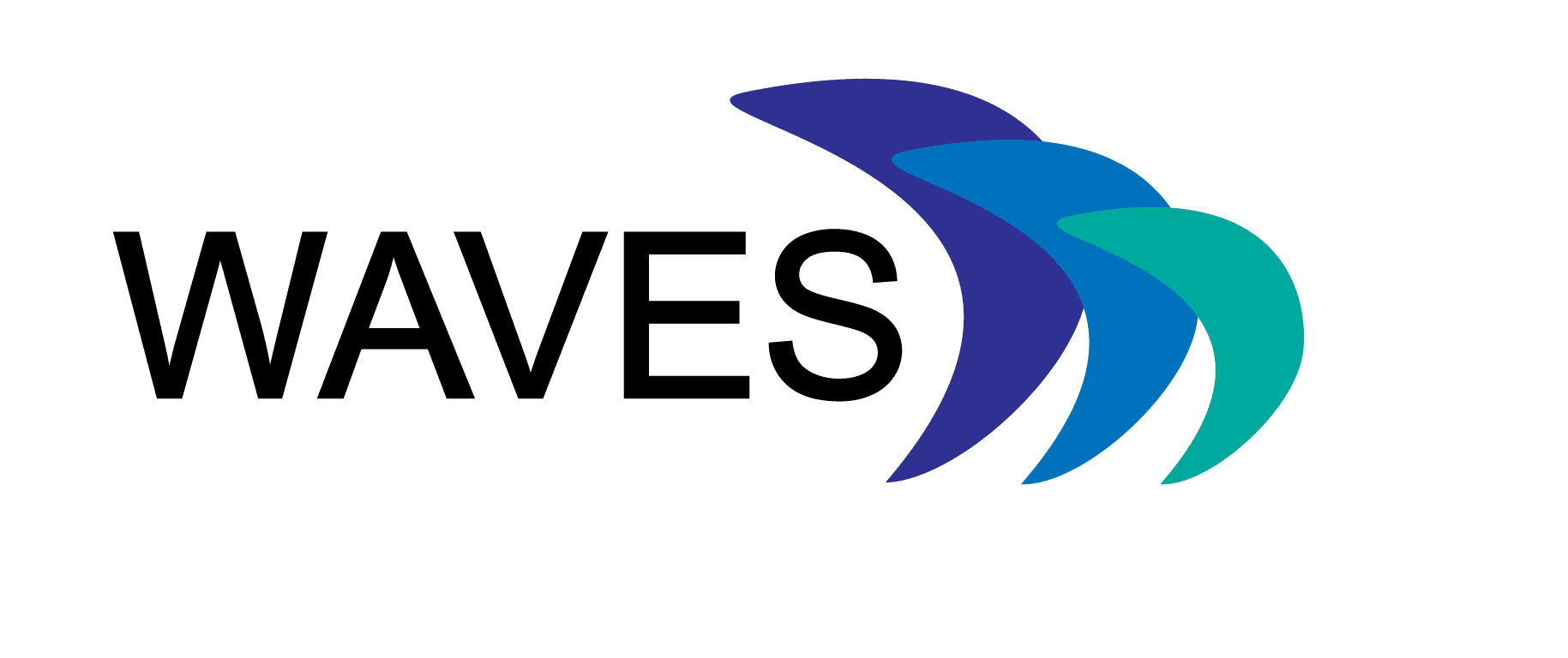The Virtual University conference organized by Warsaw University of Technology took place last June 2016 with the main theme “Education in the Age of Information and Internet”. The WAVES project was presented by Andrzej Kononowicz with an oral communication entitled “The WAVES project – is scenario-based e-learning easy enough?”. The presentation introduced the concept of virtual scenarios and emphasised the wide spectrum of disciplines where the concept of scenario-based learning can be applied.
Virtual university (VU) is one of the biggest and most prestigious conferences on e-learning organised in Poland. It has been organised annually already for 16 years. The organiser is always one of the four big universities from the Polish capital: University of Warsaw, Warsaw University of Technology, Polish-Japanese Academy of Information Technology or Warsaw University of Life Sciences. The conference hosts over 100 specialists in e-learning from whole country and invited international guest. The presentations are both in English and Polish.
In June 2016, the conference was organised by Warsaw University of Technology [1]. The main theme was “Education in the Age of Information and Internet”. The WAVES project was presented by Andrzej Kononowicz with an oral communication entitled “The WAVES project – is scenario-based e-learning easy enough?”. The presentation introduced the concept of virtual scenarios and as the audience consisted of specialists who implement e-learning in various disciplines, also emphasised the wide spectrum of disciplines where the concept of scenario-based learning can be applied. To illustrate the need of the project, the results of the WAVES Internet survey were presented.
In the discussion that followed the presentation and interesting comment regarded the suitability of the term “virtual scenario” was made. The argumentation was that terms as “virtual patient”, “virtual laboratory” or “virtual world” have their justification as they simulate a real world entity, whereas scenarios are already abstract. Our response to that interesting remark is that the word “scenarios”, both in English and Polish, have several meanings. One of them is a description what happen in a play or instructional activity. We agree that in this context the adjective “virtual” could be superficial even though it emphasises we are working with scenarios for digital media. But there is also another meaning of the world scenario, which is “a situation that could possibly happen”, for instance in the workplace. The goal of virtual scenario is to simulate such situation. It is also true that introduction of new technology often is connected with introduction of new terms, often inconsistently, and only time can tell which term will get eventually established.
The other interesting question was on the existing evidence on effectiveness of scenario-based e-learning. To answer this question we referred to the example of virtual patients which is a special type of virtual scenarios in health professional education. In this area a systematic review with meta-analysis was published by David Cook et al [2] in 2010, which shows that virtual patients are associated with large positive effects compared with no intervention, but the evidence comparing virtual patients with other forms of learning is mixed and inconclusive. In addition to that, a few of the WAVES project members work independently of the project, on a new Cochrane systematic review [3] on virtual patients, which will update the current cumulative evidence based on the use of this form of learning.
[2] Cook, D. A., Erwin, P. J., & Triola, M. M. (2010). Computerized virtual patients in health professions education: a systematic review and meta-analysis. Academic Medicine, 85(10), 1589-1602; http://journals.lww.com/academicmedicine/Abstract/2010/10000/Computerized_Virtual_Patients_in_Health.16.aspx
[3] Kononowicz, A.A., Woodham, L., Georg, C., Edelbring, S., Stathakarou, N., Davies, D., Masiello, I., Saxena, N., Tudor Car, L., Car, J. and Zary, N. (2016). Virtual patient simulations for health professional education. The Cochrane Library. http://onlinelibrary.wiley.com/doi/10.1002/14651858.CD012194/abstract
2. 7. 2017


